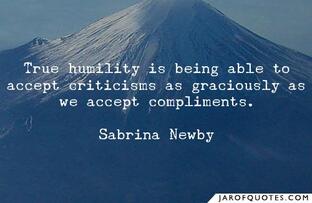
We encourage you to read the following materials to participate fully in the discussion, Music Therapy articles can be accessed via AMTA membership--however we are currently discussing with the authors for permission to distribute articles to partipants' emails upon registration for the discussion:
- Darrow, A.A. & Molloy, D. (1998). Multicultural perspectives in music therapy: An examination of the literature, educational curricula, and clinical practices in culturally diverse cities of the United States. Music Therapy Perspectives, 16, 27-32
- AND Susan Hadley, PhD, MT-BC, Marisol S. Norris, MA, MT-BC, Musical Multicultural Competency in Music Therapy: The First Step, Music Therapy Perspectives, Volume 34, Issue 2, 2016, Pages 129–137.
- Since 1998, as current students or new interns--has your school implemented cultural and race education in their curriculum?
- How is it addressed? (frequency throughout course material, seminar, specific class assigned to the topic, etc)
- How has race and cultural education been addressed in your schooling--throughout your life?
- Why is "diversity" not enough--what do you think is required in an academic setting to foster anti-racism, equity, and authentic representation for all people?
- Why Color-Blindness Is Counterproductive by Adia Harvey Wingfield
- What is inevitably not okay with the idea of “color blindness?”
- What does color consciousness mean to you?
- What does it mean to be culturally humble over being culturally competent?
- Within our bubble of Music Therapy, what can we as current students/recent interns ask our MT departments to do curriculum wise to ensure we’re actually learning to be culturally competent--or as said wonderfully in our first discussion by a participant, culturally humble?
- I'm Going to Mess Up...and That's Not Going to Stop Me by Chantal Pierrat
- What are your initial reactions to this piece?
- How do you balance out speaking out on the issues while not speaking for BIPOC's (Black, Indigenous, People of Color)?
- How are you digesting the quote by Saroful: "If it's not about you, don't make it about you. If it is about you, do better" in context of the article?
Proudly powered by Weebly